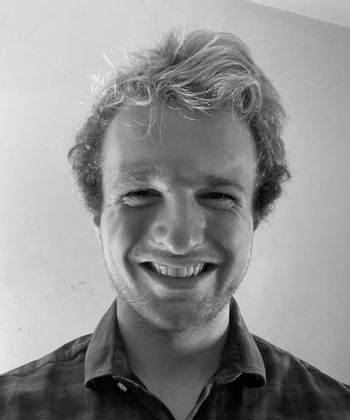University of Denver trains students to search for instances of 'non-transgender privilege'
Learning objectives include acquiring a better 'understanding of concepts of oppression and privilege related to LGBTIQ communities' and developing an 'affirming response to someone coming out.'
Students can join the Queer and Ally Network upon completing training levels 1 and 2.
The University of Denver (DU) is providing three levels of “Queer and Ally” (Q&A) training throughout the school year for students and faculty to increase their “awareness, knowledge and actions around gender and sexuality inclusion.”
“As part of the University’s commitment to DEI [diversity, equity, and inclusion], the DU community is called upon to engage in opportunities to learn about diverse communities, and to develop skills as advocates for our own identity groups and as allies to communities to which we do not belong,” the Q&A training webpage states.
[RELATED: Student gov to pursue mandatory LGBT ‘ally training’ for faculty]
Level 1 training is “designed to provide participants with foundational knowledge, awareness, and skills regarding LGBTIQ+ and Ally communities at DU and beyond.”
“Learning objectives of Level 1 curriculum” feature “[g]ain a beginning understanding of concepts of oppression and privilege related to LGBTIQ communities,” “[r]ecognize that allies are essential to ending oppression,” and “[b]e familiar with the elements of an affirming response to someone coming out and understanding that coming out is not a safe option or end goal for many LGBTIQ people.”
For those who can reach Level 2, the training concentrates on “the intersections of LGBTIQ+ and Ally identities with other social identities, and on expanding and deepening the conversations regarding privilege, oppression and ally development that begin in Q&A Level 1.”
Level 2 training calls upon enrollees to “[d]emonstrate an ability to notice instances and patterns of heterosexism, homophobia, biphobia, and transphobia at different levels” and “[d]emonstrate an ability to notice instances and patterns of heterosexual and non-transgender privilege.”
Level 3 training is “not a pre-set curriculum or specific learning objectives; rather it a discussion/ consultation, tailored specifically to meet the needs of you/your group.”
Those who complete the first two levels of the training are invited to join the “Queer and Ally Network“ on campus. Successful admission into DU’s Q&A Network denotes a student “[demonstrates] an additional level of commitment to sexual orientation and gender identity/ expression equity.”
[RELATED: ‘LGBTQ+ allyship trainings’ at a Catholic university? Yes, there are.]
As a member of the Q&A Network, students are expected to “[d]isplay their Network membership placard/button so as to be visible as someone informed of and engaged with LGBTIQ&A issues.”
All training is offered by DU’s Inclusion and Equity Education office and lasts approximately two to three hours.
Last month, Campus Reform reported on the University of Massachusetts Amherst’s “LGBTQIA+ Foundations and Allyship” web course, as well as other LGBTQ+ workshops that the school offers.
In October 2022, Campus Reform also covered the University of South Florida’s “Safe Zone Training Program” for “allies” of LGBTQ+ people.
Campus Reform has reached out to the DU for comment. This story will be updated accordingly.

